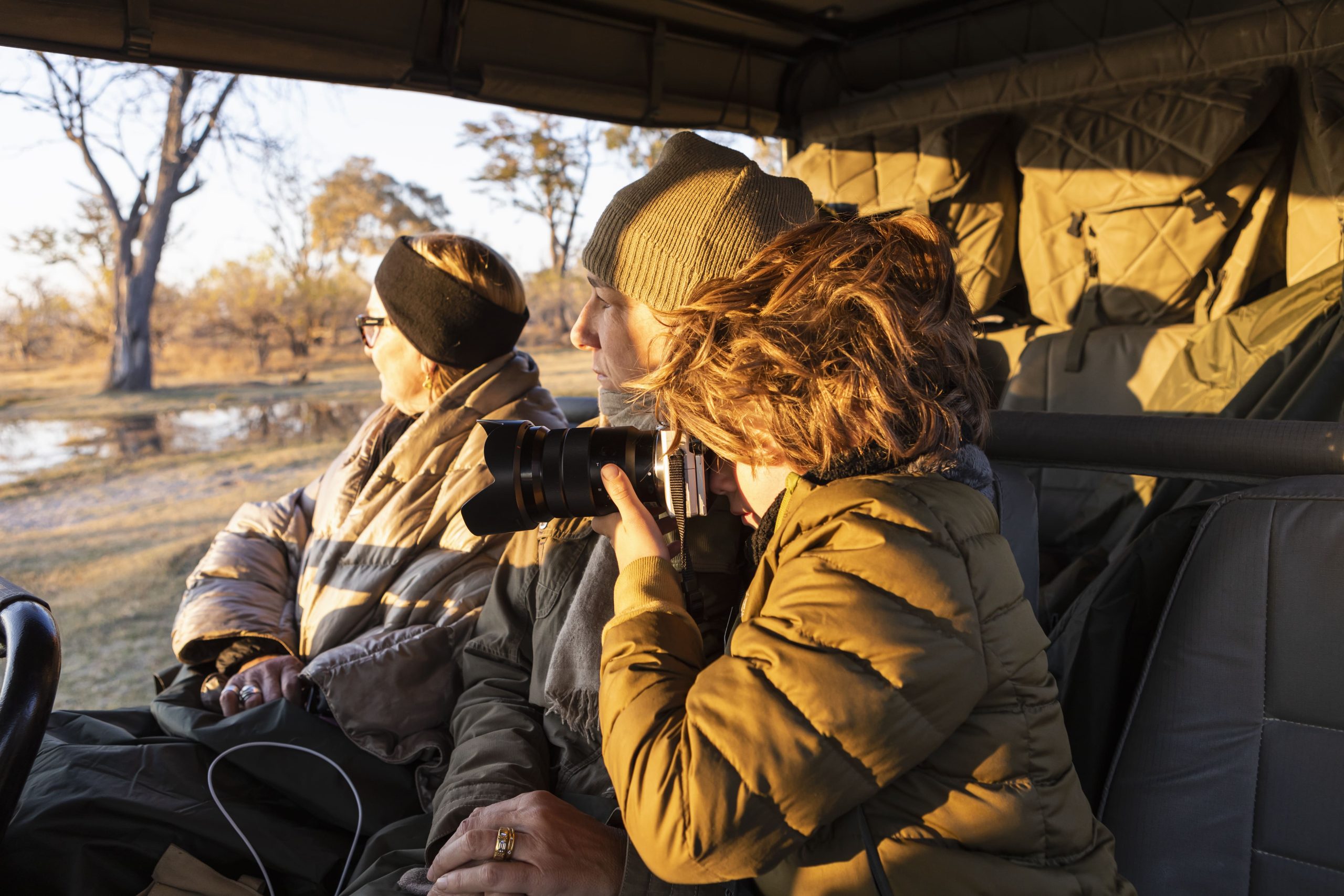Why Winter Is the Perfect Time to Visit Kruger National Park
Winter in Kruger isn’t just bearable—it’s brilliant. While many associate safari holidays with the heat of summer, the dry winter months from May to August quietly offer some of the best wildlife viewing, most comfortable weather, and most peaceful bushveld experiences.
Whether you’re a first-time visitor or a seasoned explorer, here’s why you should seriously consider booking your next Kruger trip for the winter season.
Crisp Mornings, Comfortable Days
Winter mornings in Kruger are cool—sometimes even a little frosty—but once the sun is up, the days are pleasantly warm and dry. There’s no humidity, no intense midday heat, and almost zero chance of rain. This makes it the perfect time for long game drives, nature walks, and full-day adventures without worrying about exhaustion or sunstroke.
You’ll want to bring layers: a fleece or windbreaker for the early drives, and short sleeves by mid-morning. The lack of moisture in the air also means clear blue skies, perfect for photography, stargazing, and sunset drives.
Prime Wildlife Viewing
If you’re visiting for the animals—and who isn’t?—winter is arguably the best time of year to spot the Big Five and more. As the bush dries out, the grass becomes shorter, trees lose their leaves, and animals are easier to see. Water is scarce, so wildlife congregates around rivers, waterholes, and dams—especially during early mornings and late afternoons.
Expect:
- Elephant herds gathering at rivers
- Lion sightings near dried-out waterbeds
- Leopards sunning themselves on open branches
- Rhino and buffalo moving across open plains
- And birdlife that’s easier to track without dense foliage
Letaba River, in particular, becomes a hotspot for animal activity. Guests seated at Tindlovu Letaba often enjoy sightings of hippos, crocs, and elephants while dining—no game drive required.
Fewer Tourists, More Serenity
One of Kruger’s lesser-known secrets? Winter is quieter. School holidays aside, most visitors plan trips for summer. That means less vehicle traffic, more accommodation availability, and a deeper connection to the bush. Camps are peaceful, viewpoints feel personal, and you can enjoy a meal or sundowner in near silence.
It’s an ideal time for couples, photographers, solo travellers, and anyone seeking a slower, more immersive experience.
Safe and Comfortable Travel
The winter months also bring a lower risk of malaria, making it especially suitable for families with children or older travellers. Insect activity drops significantly, and there’s no need to constantly reapply repellent or stay indoors after dusk.
Plus, the consistent dry weather means fewer road closures and a safer, smoother self-drive experience across the park’s tar and gravel roads.
Bush Dining in the Dry Season
There’s something about hearty South African food in winter that hits differently. After a crisp morning game drive, warming up with a bush breakfast at Tindlovu Letaba—think scrambled eggs, grilled wors, and golden toast—is pure satisfaction.
As the sun dips, dinners under the stars are accompanied by slow-cooked oxtail, venison stew, or rich, spiced bobotie. Add a glass of red wine or a warm malva pudding, and you’ve got comfort food with a view.
Pack Right, Sleep Well, Breathe Deep
Packing for Kruger in winter is simple. Bring:
- Warm layers (fleece, windbreaker, beanie, gloves)
- Comfortable daytime clothes (light trousers, t-shirts)
- Sunscreen (yes, the winter sun still burns)
- A good camera and binoculars
- A thermos flask for hot drinks on the road
Nights in winter are quiet and crisp. Sleeping in a rondavel or safari tent under a pile of blankets, with only the sounds of hyenas or distant lions, is one of the most grounding experiences Kruger offers.
Winter brings balance to the Kruger experience—cool air, clear views, quiet moments, and incredible wildlife. Whether you’re stopping in for a short break or spending a week soaking in the bush, winter might just become your favourite season of all.
Visit tindlovu.co.za to view our locations, book your riverside table, or explore more ways to warm up this winter in the wild.

